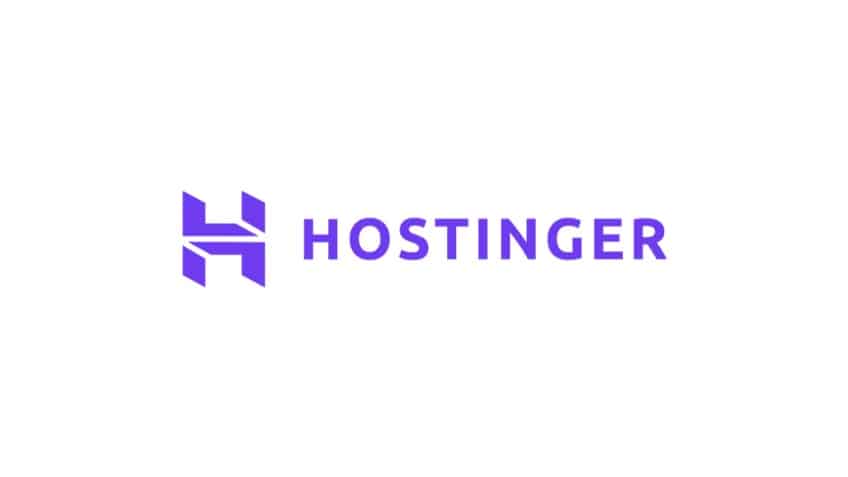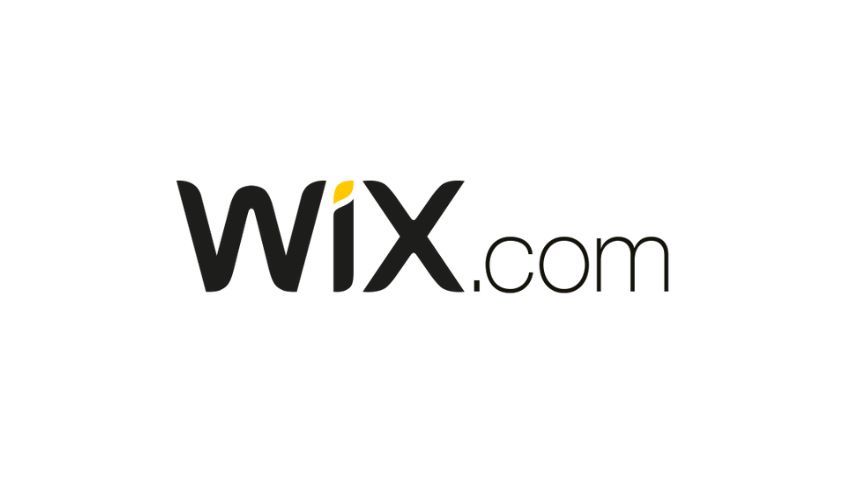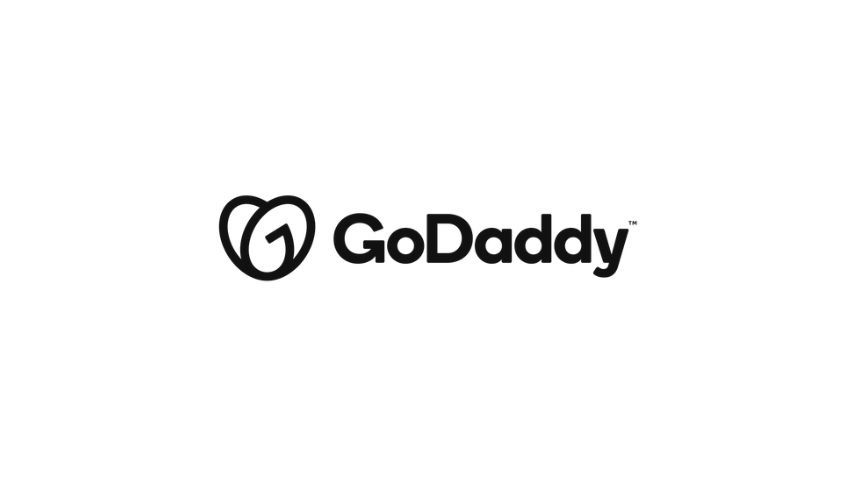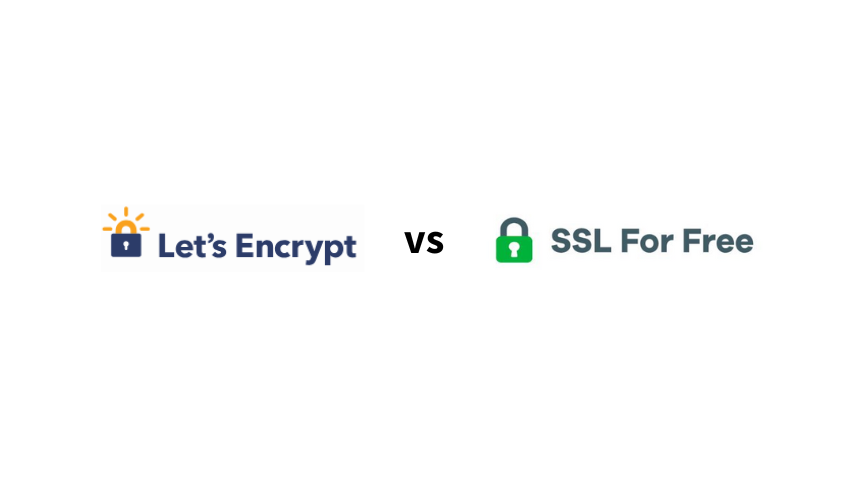There are two ways to get a free SSL certificate–you can get one when you sign up for hosting or download one and install it on your website yourself. The first option is the easiest and best way to go if you don’t yet have a website.
The latter is fine if you’ve already purchased hosting but didn’t get a free SSL certificate with your plan.
The Best Free SSL Certificates: Our Top Picks in < 2 Minutes
Most shared hosting plans come with a free SSL certificate, but many only offer it for free for one year or only give you a single cert.
Hostinger (our favorite hosting provider) gives you an unlimited number of free lifetime SSL certificates on every plan. That’s the route we recommend for most people. It’s very easy to create a website–you’ll be guided through the entire process. Plus, your certificate is automatically installed for you.
Wix and GoDaddy are other alternatives that may work for you if you haven’t purchased hosting.
If you need a standalone certificate, you can get one from Let’s Encrypt or SSL for Free. With both, you’ll need to manually renew it every 90 days. Cloudflare is another option–it’s a CDN and security suite that includes a universal SSL certificate on its free plan.
If you need something more advanced, check out our full list of the best SSL certificate providers to learn more about paid options.
Hostinger — Best for Unlimited Lifetime SSL Certificates

Hostinger is our favorite hosting provider for many reasons–it’s affordable, feature-rich, extremely easy to use, scalable, and offers strong customer service.
Every hosting plan–even the cheapest one–comes with an unlimited number of free lifetime SSL certificates.
Unlike other hosts that only give you one free certificate or a free trial, it’s truly free forever and you get as many as you need. End up creating multiple websites on your hosting plan? No problem. Hostinger automatically installs SSL certificates for you so you don’t have to worry about configuring any advanced settings.
Technically speaking, you will have to pay for your hosting plan. But you won’t have to pay for your SSL certificates.
You need web hosting to get your site up and running anyway, so it makes sense to go with a provider that offers them at no cost. In addition to the free SSL certificates, Hostinger also offers a free domain for the first year of your subscription, free email, and unlimited bandwidth.
Even if you already have a website and aren’t happy with your host, you can switch to Hostinger if you’d like.
Wix — Best Website Builder with a Free SSL Certificate

Website builders are slightly different from hosting providers (learn more about the differences, here). Most hosts offer a website builder, but also give you flexibility to build a site in different ways–you can use WordPress, Drupal, or another content management system if you want.
If you don’t need that flexibility and prefer something a bit easier to use, Wix is the way to go.
All you have to do to get started is choose a template, customize it using the drag-and-drop editor, add your own content, and you’re good to go. It’s undoubtedly the easiest way to get a new website live.
Plus, you’ll get a free SSL certificate that’s automatically installed for you. Wix also has other security protocols in place, including:
- Level 1 PCI compliance
- ISO 27001, 27701, 27017 & 27018 certificates
- SOC 2 Type 2
- 24/7 site security monitoring
- DDoS protection
- TLS 1.3
- 2-step verification
- GDPR, CCPA, and LGPD compliance
If you’ve tried Wix in the past and been disappointed, it’s come an incredibly long way over the last few years and we encourage you to check it out again. It’s become a true one-stop-shop, whether you want to build a blog, small business site, ecommerce store, or something else entirely.
GoDaddy — Wide Selection of Free and Paid SSL Certificates

GoDaddy is a name that many of you are likely familiar with. This company provides an extensive list of web services, including domain registration, web hosting, web design services, SSL security, and much more.
However, there’s a small caveat: if you’re seeking an SSL–and only an SSL–you’ll have to pay for it.
To get one for free, you’ll need to purchase hosting from GoDaddy. The entry-level hosting plan includes an advanced SSL certificate free for the first year. The rest of GoDaddy’s plans include forever free SSLs for all of your websites. All website builder plans also include a lifetime SSL certificate for free.
Aside from that, GoDaddy also sells a wide range of premium SSL certificates if you need something more powerful.
You can choose from domain validation (DV), managed DV, organizational validation (OV), or extended validation (EV). Pricing for these starts at $69.99 per year.
Cloudflare — Free CDN and Security Suite with a Universal SSL Cert

Cloudflare is an incredibly popular app and website security suite and CDN (content delivery network). It comes free with many hosting plans, but you can also get it for free and add to your site if it’s not pre-installed or part of your hosting package.
It also offers an easy way to manage domain DNS settings alongside DDoS protection, and web-based firewalls at no cost.
The paid plans offer a lot more, including image optimization, mobile page acceleration, PCI compliance, advanced bot mitigation, and more. However, the universal SSL certificate is available on EVERY plan, including the free one.
It takes less than five minutes to set up, so it’s a pretty easy process.
Free Standalone SSL Certificates — Let’s Encrypt & SSL For Free

Let’s Encrypt and SSL For Free both offer entirely free SSL certificates that you can install on any website. You’ll have to install it yourself, but both provide clear instructions on how to do it.
Both also require you to manually renew your certificate every 90 days.
Renewing it doesn’t take long and it’s super easy to do, but it’s also easy to forget. If you go this route, set up a notification every 60 days to remind yourself.
There really isn’t much of a difference between the two providers. They’re both non profit certificate authorities (CAs) with millions of happy customers around the world. They both also only offer domain verification (DV) certificates. Let’s Encrypt is the most popular one, and likely what you’ll get if you get a free certificate through your hosting provider.
How to Choose the Best Free SSL Certificate For You
Most websites don’t need to spend too much time choosing an SSL certificate–any of the free options on this list are a good option you can likely stick with for a very long time. And honestly, it doesn’t really matter which one you go with.
If you get one for free from your host–use it. If not, explore the other options and pick whichever is the easiest for you to set up.
Ecommerce sites, nonprofits accepting donations, large or high-traffic sites, financial institutions, any site that processes payments, and websites processing a lot of personal data (like lead generation or social media sites) need to be more careful, though.
In these situations, you’ll likely want a premium SSL certificate to protect you and your audience plus instill trust in your brand. Paid SSL certificates require official documentation and usually take several days to go through–this extra step adds a new layer of legitimacy you won’t get with free SSLs.
If you end up exploring other options, keep the following factors in mind.
Type of SSL Certificate
SSL certificates fall into one of three categories:
- Domain Validated (DV) Certificates
- Organization Validated (OV) Certificates
- Extended Validation (EV) Certificates
DV certificates are the quickest type of SSL validation available. You don’t need many documents to apply for one and most of them are entirely free. Every free option on our list is this type of cert.
OV certificates are a step up–they use the same type of encryption but have a lengthier application process. You have to provide documentation that you are who you say you are, you own the domain you’re applying for, and your business operates legally. These can take two or three days to issue, but they offer an added layer of protection.
An EV SSL certificate is best for sites that have a very high security bar. If you’re collecting sensitive visitor data or credit card information for online transactions, an EV is probably the way to go.
Beyond these certificate types, every SSL certificate will fall into another category—single-domain or wildcard. Single-domain SSLs are cheaper because they are used to protect a single website. Wildcards are a bit more expensive because they help protect multiple subdomains.
Ease of Implementation
Depending on how you get your SSL certificate, it may be automatically installed on your website–but that’s not always the case.
Look for detailed instructions for getting started. You should have an in-depth explanation of the procedure for getting the SSL validated by the certificate authority and getting it installed. The steps required and length of time to implement the SSL will vary from provider to provider.
Encryption Strength and Warranties
Standard SSL certificates typically offer 128/256-bit encryption. But the actual encryption strength depends on other factors, such as the end-users and the processing power of your servers. For example, a 256-bit encryption strength only refers to the certificate’s capability, not necessarily the encryption’s actual strength.
It’s common for SSL certificates to come with warranties if there’s an issue due to a mistake by the certificate authority. Low-end warranties might cover up to $10,000 in damages. High-end SSLs could cover up to $1.5+ million in damages.
The warranty is actually in place to protect site visitors, not the website itself. If a CA issues a certificate to a fraudulent site, users could potentially take legal action against the certificate issuer and website. That’s where the warranty comes into play.
Contingencies
With any free product or service, you should always be asking yourself, “What’s the catch?”
Not every free SSL certificate comes without strings attached. In some cases, you can only get a free SSL certificate at the most basic encryption level, which won’t be enough for certain websites. Furthermore, many free SSLs are only issued as 90-day certificates. So you’ll have to keep renewing them every few months.
Some service providers offer free SSLs when you purchase another related product or service. For example, you can get a free SSL from a website builder or web hosting company. Technically, you’ll still be paying something, but the SSL itself is free.
